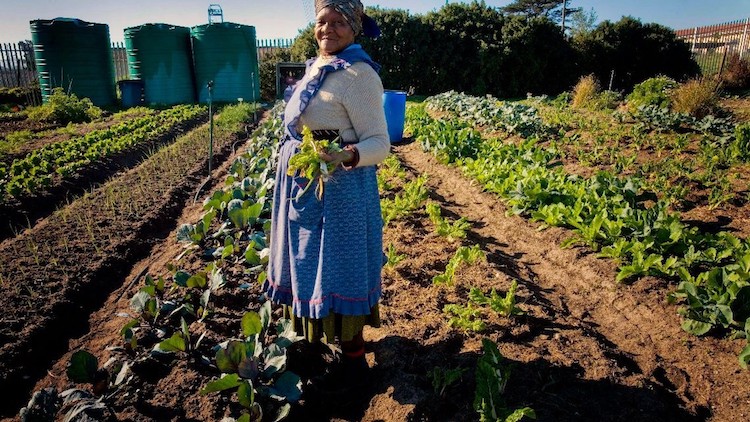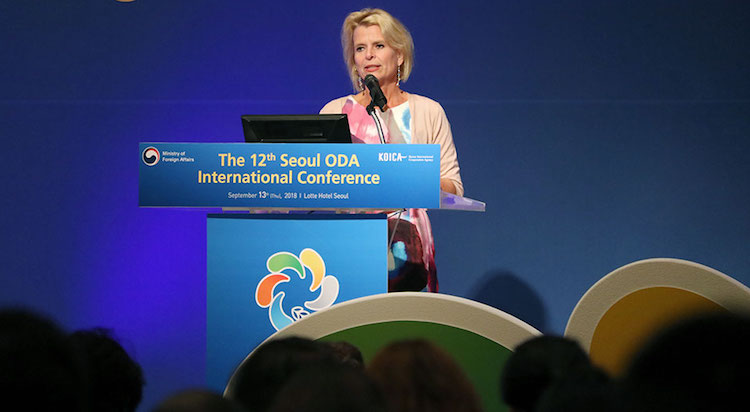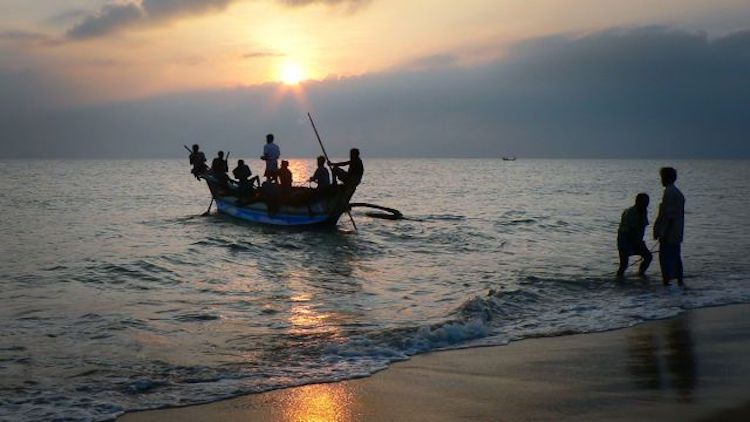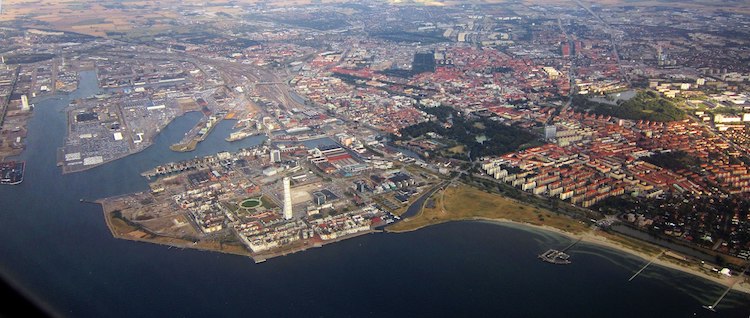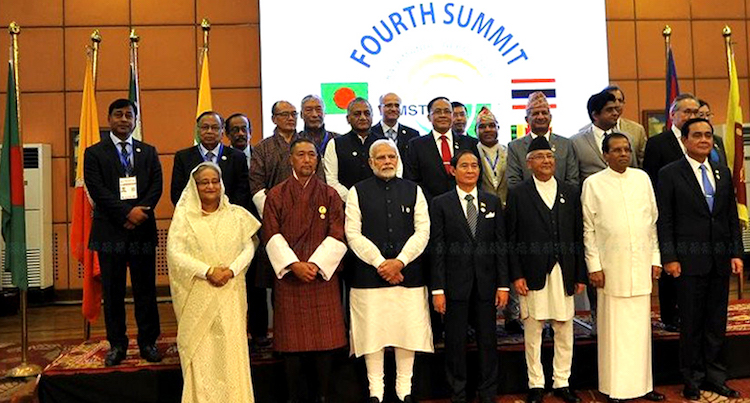Viewpoint by Mariam Traore Chazalnoël The writer is a specialist in environmental and climate migration at the International Organization for Migration (IOM)’s Office to the United Nations in New York. She has been working since 2013 on the global governance of environmental migration and regularly publishes on the topic. This article first appeared in UNCCD […]
When Climate Change Dishes Up a ‘Toxic Stew’
By William S. Becker* MILWAUKEE, USA (IDN) – It happened in July 2016. A flash flood roared through Ellicott City, Maryland, killed two people and caused tens of millions of dollars in damages to the historic buildings along Main Street. The experts said it was one of those rare 1,000-year flood events. The city set […]
Japan and China Boost Connectivity in Southeast Asia
Prime Minister Abe is reported to be keen to reach an agreement on specific cooperation project during his planned official visit to China this October. Viewpoint by Zhao Hong The author is Professor at the Research School for Southeast Asian Studies, Xiamen University, China. This article was first carried in EastAsiaForum on 15 September 2018. […]
South Africa Is Determined to Grasp the Nettle of Land Reform
Viewpoint by Jonathan Power* LUND, Sweden (IDN-INPS) – Zimbabwe messed up its land reform. Now South Africa has decided to give a great push to its slow moving land reform. We’ll see if it can avoid Zimbabwe’s mistakes. President Donald Trump tweeted that he’d asked his secretary of state to look into “farm seizures and […]
Gender-Responsive Investments, ODA are of Vital Importance
Viewpoint by Åsa Regnér Following are extensive excerpts from remarks delivered by Åsa Regnér, Assistant Secretary-General and Deputy Executive Director of UN Women at the session on “the role of inclusive ODA by realizing human rights and gender equality” at the 12th Seoul ODA International Conference in the Republic of Korea, on September 14, 2018. […]
Climate Change: The Devil Is in the Details
Neither Climate Change Deniers Nor Technology Enthusiasts Hold the Key to Addressing Global Warming Viewpoint by Franz Baumann The author is a visiting professor at New York University and a former UN assistant secretary-general, special adviser on environment and peace operations. Dr. Baumann joined the UN Development Program in 1980, began working in the UN […]
Kofi Annan, Paying the Price of Values and Ideals
By Roberto Savio The writer is publisher of Other News, an eminent proponent of “information that markets eliminate” and founder of IPS-Inter Press Service News Agency. This article is being reproduced courtesy of Other News with the writer’s permission. He can be contacted at utopia@robertosavio.info and his articles and comments can be read on Facebook […]
The Forgotten Saga of Mass Murders in Guatemala
Viewpoint by Jonathan Power* Over the years, as a foreign affairs columnist of the International Herald Tribune, the author has made four visits to Guatemala. LUND, Sweden (IDN-INPS) – In 1981 on the editorial page of the New York Times I wrote a column showing that the mass atrocities against the Indian population of Guatemala […]
Sweden’s Political Balance Threatened by Immigration Debate
Viewpoint by Jonathan Power* LUND, Sweden (IDN-INPS) – The arrival in Sweden of 163,000 refugees, mainly Syrians, in 2015 – making for a higher proportion of Sweden’s population than almost any other European country – has been used by the far right to drum up broader fears about immigration. A recent spate of shootings, grenade […]
BIMSTEC Viable, Though SAARC Deadlocked
By Sugeeswara Senadhira The author is Director (Research & International Media), Presidential Secretariat in Colombo. This article first appeared in Ceylon Today on September 3, and is being reproduced with the author’s permission. – The Editor COLOMBO (IDN-INPS) – Sri Lanka, as the new Chair of the Bay of Bengal Initiative for Multi-Sectoral Technical and […]




